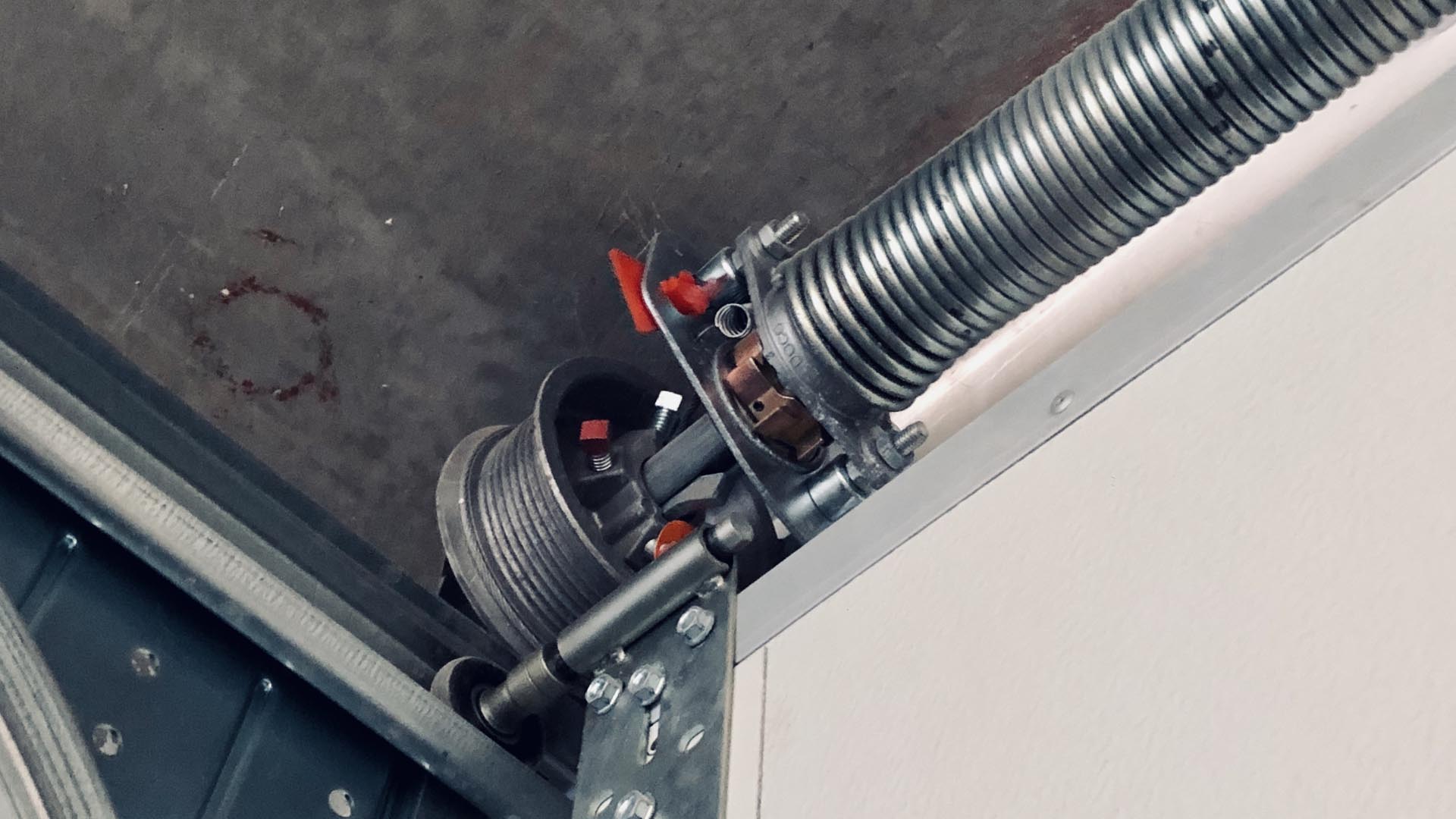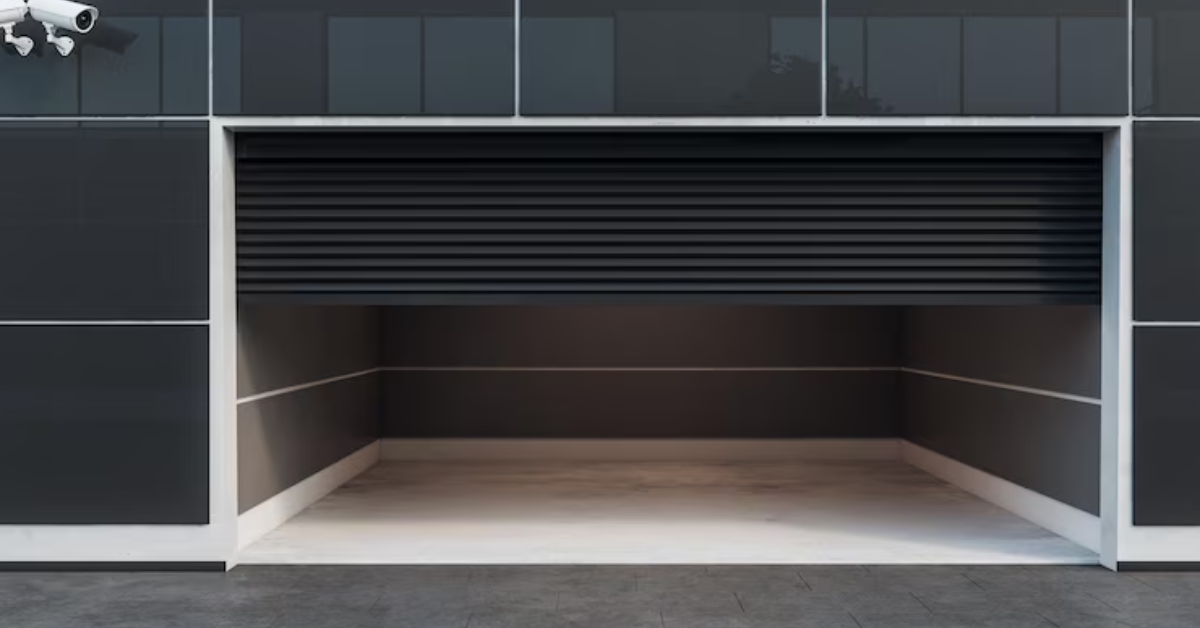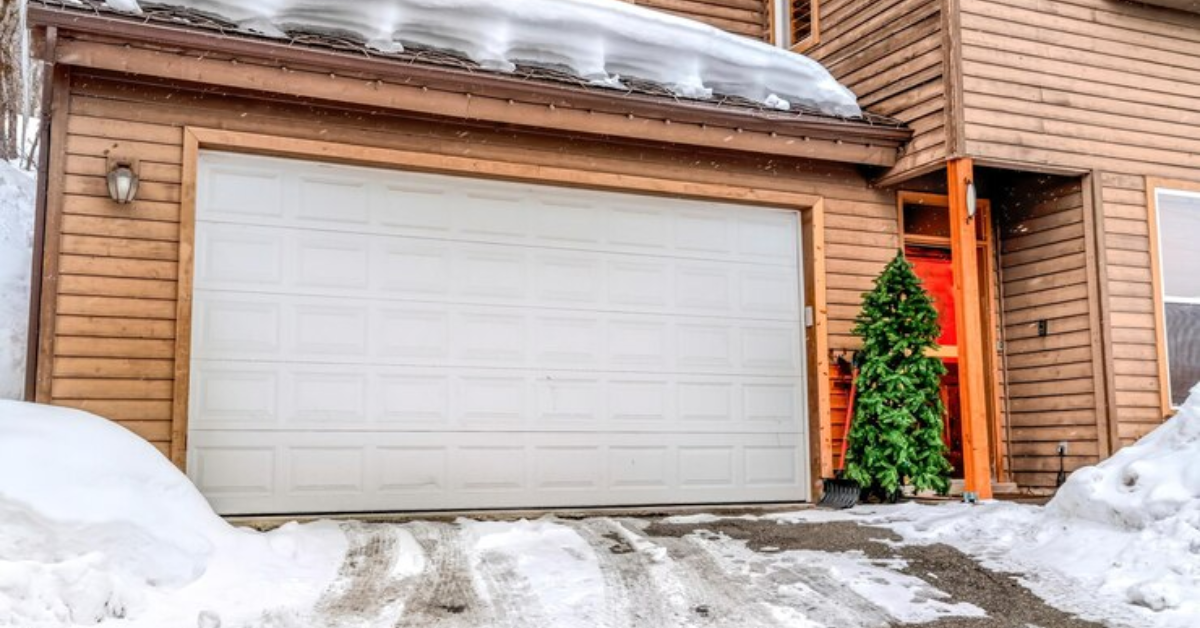The Hidden Dangers of Garage Door Springs
Are Garage Door Springs Dangerous

Overview of Garage Door Springs:
1. Are garage door springs dangerous?
2. What happens when a garage door spring breaks?
3. Why are garage door springs dangerous?
4. How often do garage door springs break?
5. Importance of maintaining your garage door spring
6. When you need a garage door spring expert, call Fix N Go Service
Are garage door springs dangerous?
As you watch your garage door opening and closing, you might wonder what happens if your garage door spring breaks. If you’re wondering if garage door springs are dangerous, yes, garage door springs can be extremely dangerous. With the tightly wound coils and the extreme amount of tension, a garage door spring (if not handled properly) can cause serious injury if not death.
What happens when a garage door spring breaks?
- Your garage door spring works by counterbalancing the weight which allows your door to open with ease. When a garage door spring breaks, the true weight of the garage door becomes apparent and will prohibit users or electric garage door operators from lifting the door as it has become too heavy. Many Garage Doors weigh hundreds of pounds and cannot be lifted without the assistance of a garage door spring
- Torsion springs: BANG! Loud noise and door will become inoperable until new garage door torsions springs are installed
- Extension Springs: Extension springs can become very dangerous if and when they break. Unlike a torsion spring, extension springs are stretched along the side of the garage door tracks and can become projectiles causing damage or injury. Extension springs should always receive the installation of a “safety cable”. A safety cable installed will prohibit an extension spring from projecting away from the system.
Why are garage door springs dangerous?
- Garage Door Torsion Springs are very dangerous to attempt any work or repair on without the proper knowledge and tools. Garage Door Torsion Springs when tensioned carry hundreds of pounds of force that allow it to lift a garage door with little to no effort. When a garage door torsion spring is being worked on this force cause serious damage, injury or death.
- Garage Door Extension Springs are very dangerous to attempt and work or repair on without the proper knowledge and tools. Garage Door Extension Springs when “extended” carry hundreds of pounds of force that allow it to lift a garage door with little to no effort. When a garage door extension spring is being worked on this force could become a projectile causing serious damage, injury or death.
How often do garage door springs break?
Garage Springs are rated by cycles. When the garage door opens and then closes, that is one cycle. The average garage door spring is rated for 8-10k cycles. Using your door multiple times per day can add up quickly. An Fix N Go Max Life Garage Door Spring averages 80k cycles.
Importance of maintaining your garage door spring
According to the Consumer Product Safety Commission, in 2021, there were roughly 2000 garage door opener injuries nationally. You should understand the basics of how your garage door spring works. The dangers of garage door springs come when they are not properly maintained. Your spring does a lot of work to keep your garage door functioning properly and continuing to distribute weight and balance. Having a garage door spring isn’t dangerous; it’s the lack of awareness around upkeep and repair that causes most garage door spring accidents.
Here is how to make sure your garage door spring is well-maintained:
- Lubricate your garage door spring twice a year. Take a silicone-based lubricant and pour it across the whole spring. Let it seep into the spaces between the coils and wipe off the excess.
- Open and close your garage door only when necessary. The average garage door spring has a lifespan of 7-9 years. If used twice a day, that is roughly 10,000 cycles. As the spring is used more, the life of the spring decreases.
- If your garage door spring starts to make odd noises, call your garage door service company to assess the issue. To avoid serious injuries, never try to diagnose a garage door spring issue on your own.




